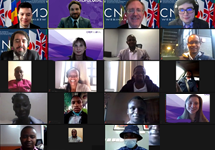
CNS’s case studies on dual-uses in genetic editing, artificial intelligence, and additive manufacturing were presented to industry and government representatives on gaps in regulations with experts from Kenya and Nigeria.
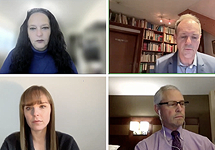
CNS experts conduct oral history interviews with participants in the ACRS multilateral meetings in the early 1990s, following the Madrid Conference of 1991.

Two experts explore the role of human factors in undermining nuclear security and suggest some ways to curb the risks.

The CNS International Advisory Council held its annual meeting in Washington, DC on October 24, 2022.
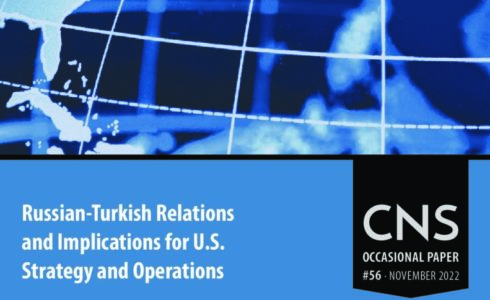
This study outlines an inventory of measures the U.S. government can take, comprising strategic and operational recommendations.
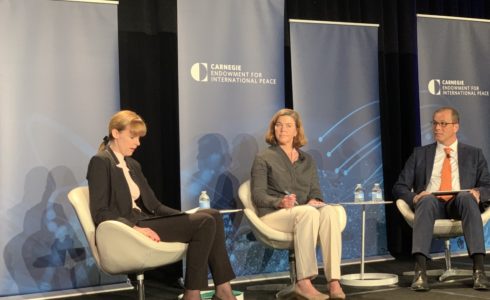
Dr. Hanna Notte spoke at a Carnegie Nuclear Policy Conference panel in Washington DC, addressing European and Russian views on arms control opportunities.
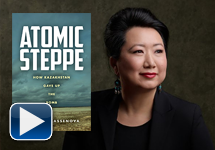
VIDEO: Former CNS expert, Togzhan Kassenova, presents her research and book on the untold true story of how Kazakhstan said no to nuclear weapons.